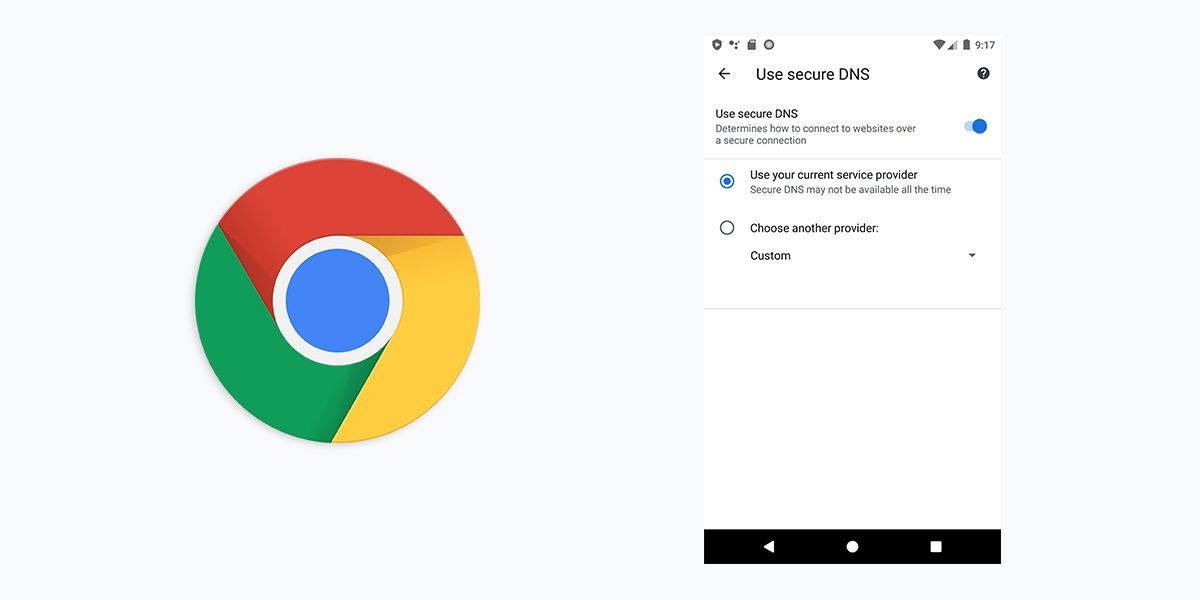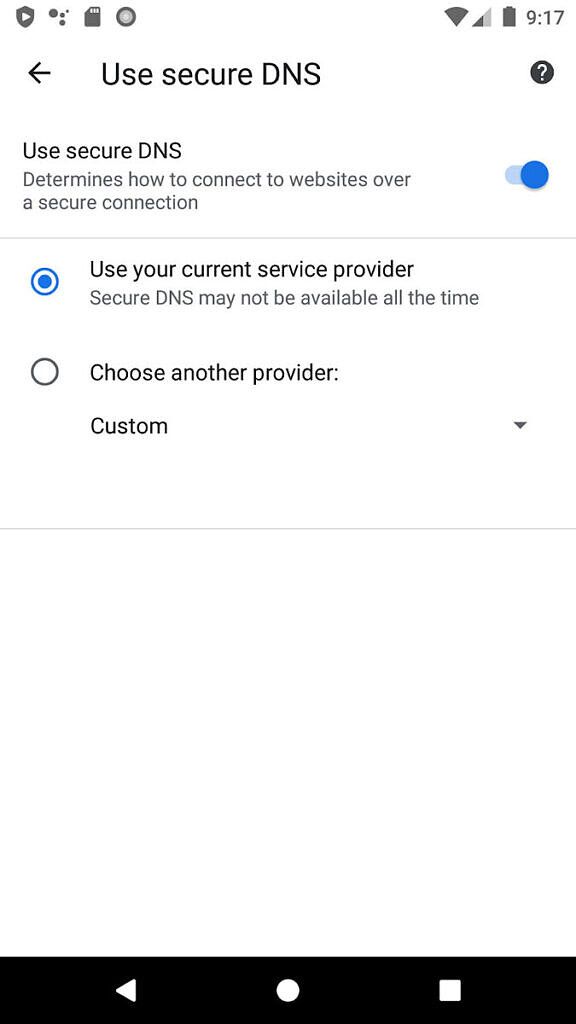With the release of Chrome 83 earlier this year in May, Google introduced a new Secure DNS feature to the desktop version of the browser. The feature made use of DNS-over-HTTPS to encrypt a step known as 'DNS (Domain Name System) lookup' to ensure a safer and more private browsing experience for users. Now, the company has started rolling out Google Chrome 85, which brings the feature to Android devices.
According to a recent blog post from Google, Chrome 85 brings support for Secure DNS in Chrome for Android and it shares the same design principles as the desktop variant. With the feature, Chrome will automatically switch to DNS-over-HTTPS (DoH) if your current DNS provider supports the feature. The automatic mode will ensure that Chrome can fall back to the regular DNS service offered by the user's current provider (including DNS-over-TLS if configured) to ensure that users don't face any disruptions, while periodically retrying to secure the DNS communication.
In case the default behavior isn't suitable for users, Google Chrome will also give users a manual configuration option that will let them use a specific provider without a fallback. Additionally, users will get the ability to completely disable the feature from the browser settings.
The blog post further adds that Chrome will disable Secure DNS automatically "if it detects a managed environment via the presence of one or more enterprise policies." Google has also added DNS-over-HTTPS enterprise policies "to allow for a managed configuration of Secure DNS and encourage IT administrators to look into deploying DNS-over-HTTPS for their users." As with the desktop version, Secure DNS for Chrome on Android will roll out to users over a period of time to ensure stability and performance. The gradual rollout will also "help DoH providers scale their services accordingly."
It's also worth noting that since Google received some pushback from ISPs because of the DNS-over-HTTPs protocol last year, the company has added that it will "remain open to feedback and collaboration with interested parties such as mobile operators and other ISPs, DNS service providers, and Online Child Safety advocates to make further progress in securing DNS."
Source: Chromium blog


